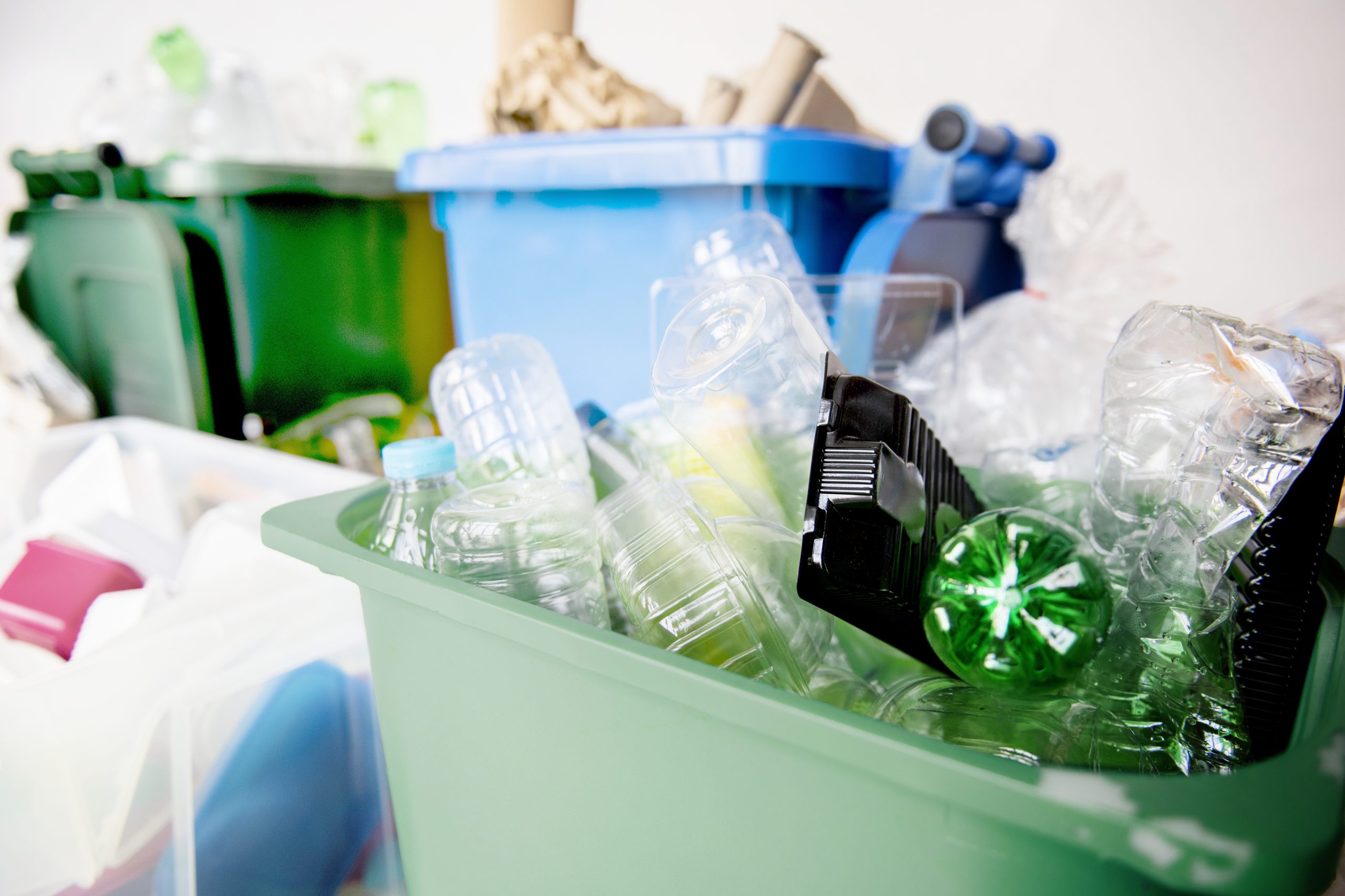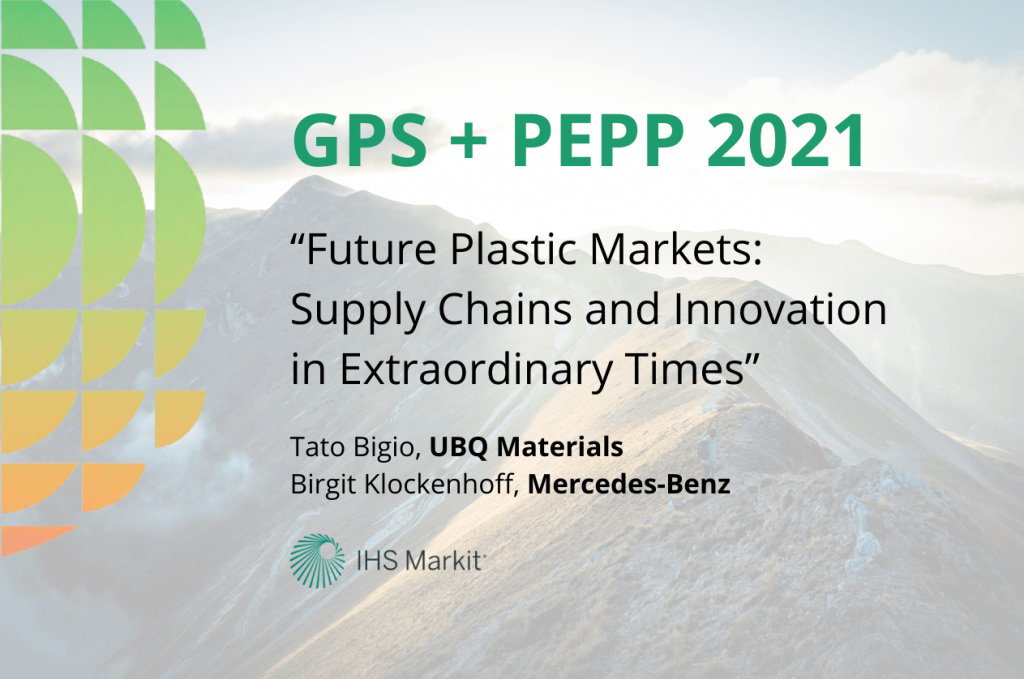By now, most consumers are familiar with the “chasing arrows” symbols manufacturers put on their plastic products. What they might not know is that the symbol identifies the type of plastic resin used in producing them. Many people mistakenly think the symbol means the plastic product is recyclable.
In truth, the label helps determine the appropriate management route for the item—and that doesn’t always mean recycling. Some government bodies, including the State of California in the U.S., are now taking steps to make recycling labels more transparent for consumers while setting stricter standards for which plastic items can display the chasing arrows symbol.
How to Read Recycling Labels
EU recycling labels are similar to those found in the U.S. but are called Mobius loop symbols. They’re usually used to indicate a product is recyclable, but not that it’s made of recycled material.
Here’s what the numbers you see inside the chasing arrow symbol mean:
#1: PETE or polyethylene terephthalate plastic, most commonly found on single-use food and drink packaging. It is recyclable.
#2: HDPE or high-density polyethylene plastic that’s commonly found in many household products. It’s not typically accepted through curbside recycling.
#3: PVC or V aka polyvinyl chloride is primarily used in piping, medical equipment, and building products. It is recyclable.
#4: LDPE, or low-density polyethylene is best known for its use in shopping bags. They are difficult to recycle.
#5: PP, aka polypropylene, is a rigid plastic that can be recycled.
#6: PS or polystyrene is more often referred to as Styrofoam in the U.S. and is difficult and inefficient to recycle.
#7: Other refers to plastics that don’t fit in the other six categories and include plexiglass, nylon, fiberglass, and acrylic fabrics. Because they contain BPA and LEXAN, they can be harmful to human health if not disposed of correctly. Some recycling centers accept them separate from curbside.
California Banning Misleading Recycling Labels
In early September of this year, California’s State Assembly and Senate passed and cleared Senate Bill 343, which was then signed into law by the state’s governor, Gavin Newsom, on October 5, 2021. This bill would:
- Ban companies from displaying the chasing arrows symbol on plastics that aren’t regularly recycled in California and turned into new products.
- Help clear up consumer confusion about what the symbol actually means.
- Address shortcomings in California’s recycling and waste management system.
This last point is important because, in 2019, the state failed to meet its stated goal to reduce, recycle, or compost 75% of its generated solid waste by the end of the year. And it missed it by a wide margin, reaching only 37%.
The new law now represents the country’s strictest standards regarding the chasing arrows recycling symbol, and consumers in the state can now assume it means the items can go in their curbside recycling bins.
Some plastic companies are unhappy with the bill, claiming it’s so restrictive it could send more items to landfills. But the law’s backers say companies shouldn’t be able to get away with marketing something they know is deceptive.
Addressing a Global Plastic Pollution Crisis
Environmental advocates, unsurprisingly, are strong supporters of California’s new law. They hope it will bring a halt to the amount of non-recyclable plastics that end up at recycling centers and lead to more sustainable manufacturing. And those who sponsored the bill believe they stand a good chance of setting in motion a stronger nationwide recycling policy, much like the state’s previous fuel-efficiency policies helped set new automobile manufacturing standards across the country.
California’s environmental advertising law aligns with other sustainable labeling that helps consumers better understand the environmental impacts of producing, using, and disposing of a product. All brands should adopt a goal of putting into practice eco-conscious strategies and tactics that support the environment and enhance their image and reputation.
UBQ is a huge proponent of sustainable labeling and is certified by multiple programs and organizations, including the USDA Certified Biobased Product Label, and ISO 9001 quality certification, which supports a company’s efforts to increase efficiency and improve the customer experience. Our UBQ™ material can be recycled up to five times without decreasing its physical qualities, making it ideal in the production of everything from automotive parts to everyday household goods.
Easy-to-understand recycling and sustainable labels help consumers feel more confident that the products they buy and the companies they support share their personal sustainability beliefs. It also encourages manufacturers to embrace sustainable materials and practices as part of their environmental efforts. To learn more, get in touch with us today.


